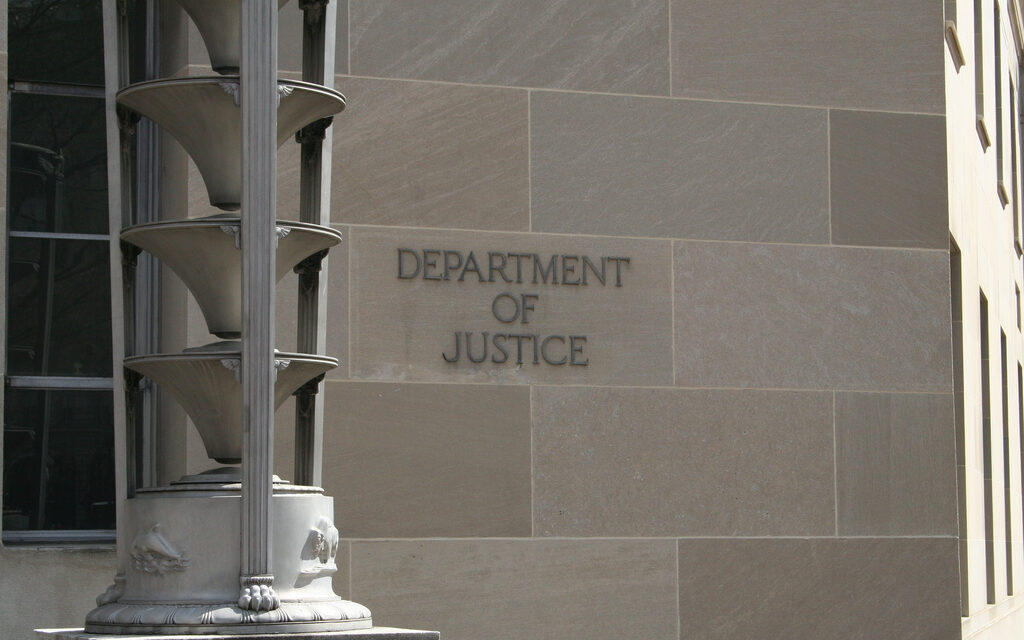Prior to the Supreme Court’s recent decision in Carachuri-Rosendo v. Holder, many legal U.S. residents who had committed minor is demeanors were unfairly classified as having committed "aggravated felonies" under immigration law, which subjected them to automatic deportation. The Supreme Court took note of the unfair deprivation of due process and took a strong stance in support of human rights when it corrected the deportation requirement for minor drug offenses.
The controversy over Mr. Carachuri-Rosendo’s case stems from the government’s increasingly broad application of "aggravated felony" charges that lead to mandatory deportation for noncitizens without the opportunity to contest the order. Because there was no official limit to the government’s application of the "aggravated felony" charge, and due to disparities in how courts interpreted its definition, legal residents were often deprived a chance to defend themselves against automatic deportation because their offenses were, often incorrectly, labeled "aggravated felonies."
Jose Angel Carachuri-Rosendo is a permanent United States resident who has lived here since he was five years old. Over the years, he has created a life for himself and his wife and four children, who are all U.S. citizens. Although Mr. Carachuri-Rosendo had committed two misdemeanor drug possession offenses, he
was deported after the government claimed he had committed an "aggravated felony" and denied him the opportunity to contest his removal order. On June 14, 2010, after reviewing his case, the Supreme Court ruled in favor of Mr. Carachuri-Rosendo, thereby allowing him and other in his predicament to contest the removal order. The decision is a welcome response for many who felt that mandatory removal of legal residents for misdemeanor drug offenses was overly harsh and unfair.
In 2004, Mr. Carachuri-Rosendo was convicted of possessing less than two ounces of marijuana for which he received twenty days in jail. A year later, he was convicted of a second drug possession offense for having a single anti-anxiety tablet without a valid prescription, for which he received ten days in jail. Following his second conviction, the Federal Government initiated removal proceedings against him. While Mr. Carachuri-Rosendo conceded that his second conviction made him eligible for removal, he applied for discretionary cancellation of removal, persuant to the Immigration and Nationality Act (INA). Under the INA, the Attorney General has the power to cancel a removal order as long as the noncitizen has not been convicted of an aggravated felony. However, the Immigration Judge held that Mr. Carachuri-Rosendo’s second simple possession conviction, based on the anti-anxiety tablet, was an "aggravated felony," thereby making him ineligible for cancellation of removal –effectively making his deportation inevitable.
A number of immigrants’ rights advocates questioned the fairness of how Mr. Carachuri-Rosendo’s simple misdemeanor possession convictions could constitute an "aggravated felony." The Supreme Court also took note of the drastic punishment of deportation without the opportunity for review, with Justice Stevens remarking in his opinion that, "We do not usually think of a 10-day sentence for the unauthorized possession of a trivial amount of a prescription drug as an ‘aggravated felony.’" In his opinion, Justice
Stevens clarified what does, and does not, constitute an "aggravated felony" for the purpose of mandatory deportation and, in so doing, limited the government’s broad application of the "aggravated felony" charge against noncitizens.
In defense of due process and fair proceedings, the Court held that second or subsequent simple
possession offenses are not aggravated felonies when the state conviction is not based on the fact of a prior conviction. In other words, because the government failed to charge Mr. Carachuri-Rosendo as a recidivist after his second conviction, the government could not argue that, hypothetically, if they had prosecuted Mr. Charachuri-Rosendo in federal court instead of state court, he could have been prosecuted as a felon based on the fact of his initial simple possession offense. There were simply too many "what ifs" in the government’s argument and the Court decided that, because Mr. Carachuri-Rosendo was never convicted of an aggravated felony, he could not be barred from applying for discretionary cancellation of removal.
The Court’s decision protects the human right to due process of legal residents by clarifying and regulating the government’s application of the term, "aggravated felony," and ensuring that people like Mr. Carachuri-Rosendo are afforded the opportunity to plead their case before an immigration judge without the threat of automatic deportation.
Read more at The Opportunity Agenda website.






